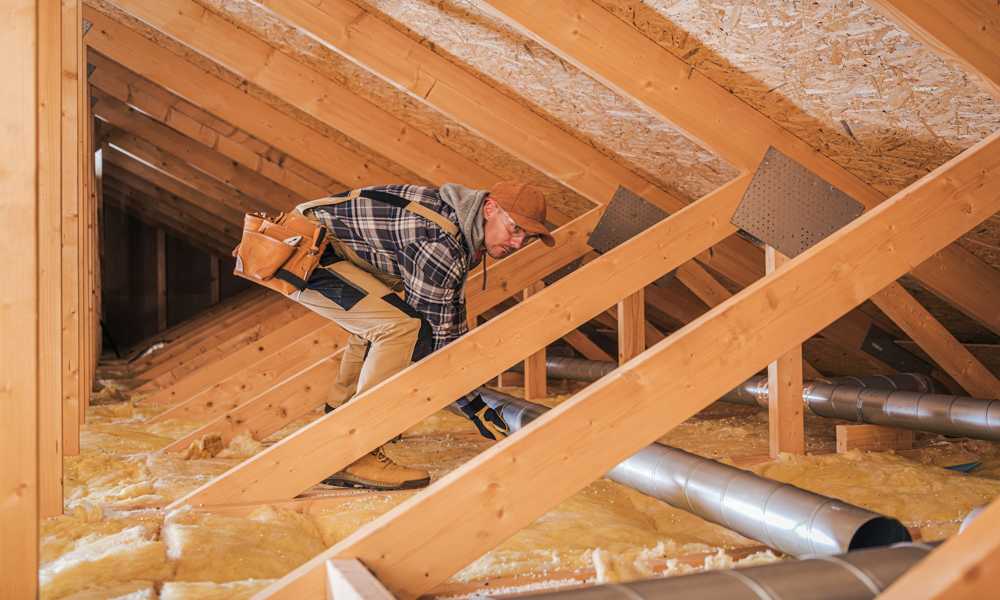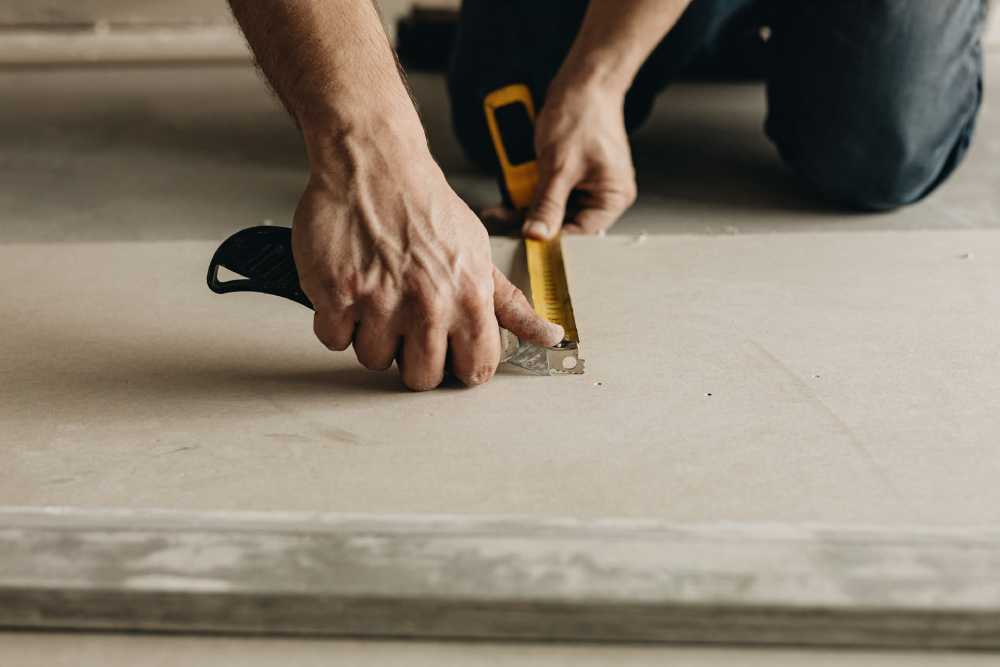Windows are essential to any home, influencing everything from aesthetics to energy efficiency. Over time, windows may show signs of wear, leaving homeowners with a crucial decision: repair or replace? Understanding the factors that influence this decision can help you make the best choice for your home. This guide will walk you through the key considerations, ensuring you choose wisely.
Assessing the Extent of the Damage
The first step in deciding whether to repair or replace your windows is to assess the extent of the damage. Minor issues like a broken pane, cracked seal, or damaged hardware often only require a repair. These repairs are usually cost-effective and can extend the life of your windows.
For example, if the issue is simply a cracked pane or a malfunctioning lock, replacing these components can restore your window to optimal functionality without the need for a full replacement. However, when the damage is more extensive, such as rot in the window frame or significant warping, a replacement might be the better option.
These issues often indicate underlying problems that could worsen over time, leading to higher repair costs in the future. In cases where windows are difficult to open, close, or lock, it could signify that the frame has shifted, making replacement a more viable long-term solution.
Another factor to consider is the age of your windows. Older windows, particularly those over 20 years old, may not be as energy-efficient as newer models, even if repaired. If your windows frequently fog up between the panes or you notice drafts despite previous repairs, it might be time to explore replacement options.
Evaluating Energy Efficiency
Energy efficiency is a significant factor when deciding between repair and replacement. Windows play a critical role in your home’s insulation, and inefficient windows can lead to higher energy bills. If your windows are single-pane or you notice drafts around the edges, upgrading to double or triple-pane windows can significantly improve your home’s energy efficiency.
While repairing gaps and resealing can temporarily improve insulation, replacement windows designed with energy efficiency in mind often provide a better long-term solution. Modern windows come with features like Low-E coatings, gas fills, and advanced frame materials that reduce heat transfer and keep your home comfortable year-round.
Moreover, investing in energy-efficient windows can also increase your home’s resale value. Buyers are increasingly looking for homes with modern, energy-saving features, and high-quality windows are a significant selling point. If your windows are old and inefficient, replacing them can offer a substantial return on investment, both in energy savings and property value.
Considering Aesthetics and Home Value
The appearance of your windows can dramatically impact the overall look of your home. If your windows are outdated or no longer match the style of your house, replacement might be the right choice. Modern windows come in a variety of styles, materials, and colors, allowing you to enhance your home’s curb appeal and interior design.
On the other hand, if your windows are in good condition and match your home’s aesthetic, a simple repair might suffice. For historic homes, preserving the original windows through repair is often preferred to maintain the property’s character.
In such cases, repairing damaged parts, refinishing, and updating the hardware can keep your windows looking great without compromising the home’s historical value. However, when considering home window replacement in Rogers, for instance, it’s essential to think about how new windows can transform your home’s appearance.
Whether you opt for sleek, modern designs or traditional styles, replacing your windows can give your home a fresh, updated look that enhances its overall value and appeal. This is especially true if your current windows are mismatched, poorly styled, or visibly worn out.
Understanding Costs and Budget
Cost is a crucial consideration when deciding between window repair and replacement. Generally, repairs are less expensive upfront, but they may not always be the most cost-effective in the long run. If your windows require frequent repairs or if the repair costs approach or exceed half the cost of replacement, it might be more economical to invest in new windows.
Replacement windows such as these timber framed glazing windows can be more expensive initially, but they offer benefits that can save you money over time. For instance, they can prove to be energy-efficient, meaning they can reduce heating and cooling costs. Likewise, new windows typically require less maintenance than older ones. Additionally, many replacement windows come with warranties, providing peace of mind and financial protection against future issues.
It’s also important to factor in potential savings from government incentives or rebates for installing energy-efficient windows. These programs can help offset the cost of replacement, making it a more affordable option. When budgeting, consider the long-term benefits and how they align with your financial goals.
Weighing the Environmental Impact
Environmental considerations are increasingly important for homeowners. Repairing windows is generally more environmentally friendly than replacement since it reduces waste and the need for new materials. If sustainability is a priority, repairing your windows might be the right choice, especially if the existing windows are still functional and efficient.
However, if your current windows are old and energy-inefficient, working with one of these window replacement companies to have them replaced with modern, energy-saving models can have a more significant positive impact on the environment. Energy-efficient windows reduce your home’s carbon footprint by lowering energy consumption for heating and cooling. Additionally, many window manufacturers now offer products made from sustainable materials or recycled content, further reducing environmental impact.
When deciding between repair and replacement, consider the long-term environmental benefits. While repair is a greener option in the short term, replacing old, inefficient windows can contribute to a more sustainable future by reducing energy use and greenhouse gas emissions over time.
Evaluating Convenience and Disruption
Finally, consider the convenience and potential disruption of window repair versus replacement. Repairing windows is typically less disruptive, as it usually involves fixing specific components without removing the entire window. This process can be quicker and less invasive especially if professionals from a Glass Company helps out, allowing you to maintain your daily routine with minimal interruption.
On the other hand, window replacement can be more disruptive, especially if multiple windows need to be replaced. The process involves removing the old windows, preparing the openings, and installing the new units, which can take several days depending on the number of windows and the complexity of the project.
Deciding between window repair and replacement requires careful consideration of various factors, including the extent of the damage, energy efficiency, aesthetics, costs, environmental impact, and the level of disruption involved.
While repair might be suitable for minor issues, replacement offers long-term benefits, especially for older, inefficient windows. By weighing these factors against your specific needs and goals, you can make an informed decision that enhances your home’s comfort, value, and appearance.




